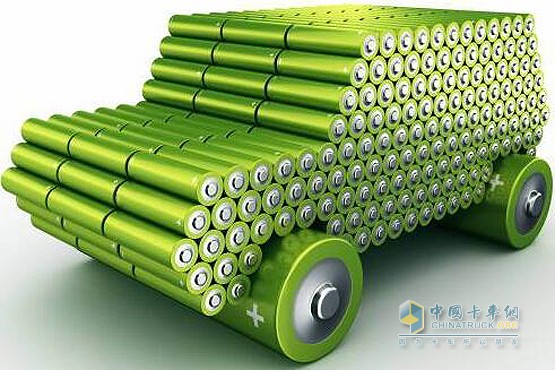The reporter learned from the Ministry of Industry and Information Technology that the "Planning Technology for Recycling and Utilization of Battery for Electric Vehicles (2015 Edition)" (referred to as "Policy") has entered the consultation stage and will be issued soon. People in the industry believe that the "Policy" clarifies the main responsibility for recycling and solves the bottleneck problem of the commercialization of battery recycling. The potential market space is huge.

Electric vehicle battery recycling New Deal will be a huge market
The "Policy" was jointly formulated by the National Development and Reform Commission and the Ministry of Industry and Information Technology. The person in charge said that the purpose is to guide related companies to rationally carry out the production and recycling of electric vehicle battery, and establish a battery recycling system for upstream and downstream companies.
The products covered by the "Policy" are batteries that provide power for the electric vehicle powertrain. They are composed of a battery pack (group) and a battery management system. Including lithium-ion power batteries, metal hydride nickel-based power batteries, does not include lead-acid batteries.
The data shows that by the end of 2014, the number of new-power cars in China has exceeded 120,000. The rapid growth of the number of new-powered vehicles also indicates that there is a vast market for the recycling of power batteries. The China Automotive Technology and Research Center predicts that by 2020, the cumulative scrap quantity of electric vehicles for electric vehicles in China will reach a scale of 120,000 to 170,000 tons. Despite the huge potential market space, due to unclear responsibilities, the business value of battery recycling is restricted.
At present, the recovery of China's automotive battery is mainly related to battery manufacturers, vehicle companies, recovery companies, consumers, and other related entities. Because of the lack of relevant laws and regulations, the main body of responsibility for the recovery of vehicle power batteries is not clear. Unleash the primary impediment of the use of battery-operated batteries for handling applications.
To this end, the "Policy" clarified that the implementation of producer responsibility extension system for power battery recycling, electric vehicle manufacturing enterprises (including importers, the same below) should bear the main responsibility for the recycling of electric vehicles waste power batteries, power battery production companies should bear the electric The primary responsibility for the recycling of waste power batteries outside of the after-sales service system of automobile manufacturers.
This means that the vast majority of electric vehicles are responsible for battery recycling in electric vehicle manufacturers. “In the traditional production concept of China, producers only assume responsibility for the environmental pollution that occurs during the production process.†Industry insiders said that the producer responsibility extension system emerged in Europe in the 1990s, and was used and abandoned in capital. The processing has achieved great results. Under the extended producer responsibility system, producers are obliged to assume environmental protection duties throughout the product life cycle.
20L Flue Type Gas Water Heater
20L Flue Type Gas Water Heater
YONYAN ELECTRIC GAS TECHNOLOGY CO.,LTD , https://www.yonyanchina.com